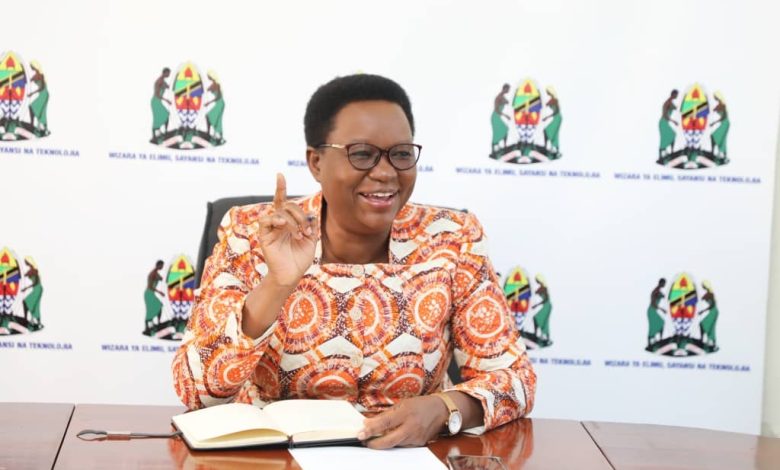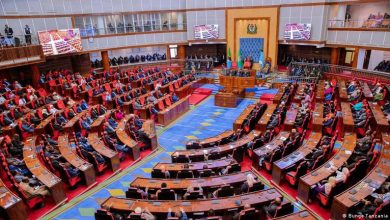Ministry drafts new 5-year development plan

DODOMA: THE Ministry of Education, Science and Technology has embarked on the preparation of the Education Sector Development Plan (ESDP 2025/26–2029/30), focusing on expanding inclusive access for marginalised and vulnerable learners.
The plan seeks to deepen curriculum and digital literacy reforms, enhance teacher professional development and accountability and strengthen research and innovation systems.
Speaking in Dodoma during the closing of the three-day Annual Joint Education Sector Review (AJESR) 2024/25, Permanent Secretary in the Ministry, Professor Carolyne Nombo, said the next ESDP will emphasise industry linkages and improve monitoring, evaluation and data systems to promote evidence-based planning.
She said the government remains steadfast in ensuring that education is not only accessible but also transformative, empowering every learner to contribute to the nation’s industrialisation and sustainable development.
Prof Nombo said discussions during the AJESR revealed the need to address teacher shortages in business, science and technical subjects and to improve vocational training facilities across all levels.
She also emphasised the importance of maintaining school feeding programmes and boosting domestic resource mobilisation to support education, research and innovation.
“We need to nationalise our education, not only at higher learning institutions but also at middle and primary levels. At the same time, we must continue strengthening the use of ICT in teaching and learning, where we have already made great progress,” she said.
Prof Nombo also underscored the need to promote lifelong learning systems, calling on stakeholders to align their strategies with the new education policy and development plans.
She reaffirmed the ministry’s commitment to ensuring equitable and inclusive access to education, improving teaching and learning quality and promoting Science, Technology and Innovation (STI) as well as technical and vocational skills.
During the reporting year, the education sector registered significant progress.
ALSO READ: Why development plans shift from promises to outcomes
Out of 33 key performance indicators, 23 (69.7 per cent) showed positive progress, while seven (21.2 per cent) met or exceeded the 2025 targets.
Key milestones include expanded pre-primary enrolment, improved teacher–pupil ratios, sustained gains in Certificate of Secondary Education Examination (CSEE) pass rates and strengthened collaboration between MoEST, PO-RALG and MoEVT–Zanzibar.
Furthermore, Prof Nombo said that progress in science, technology and innovation has been encouraging, with a rise in local research and innovation outputs aligned to national priorities.
“These gains are the result of collective efforts by government institutions, development partners, civil society, academia, the private sector and our dedicated education professionals working together to transform education for sustainable development,” she said.
On his part, Deputy Permanent Secretary in the President’s Office – Regional Administration and Local Government (PO-RALG) responsible for education, Mr Atupele Mwambene, said the meeting, attended by 367 participants, assessed sector progress and identified areas for improvement.
He said the review evaluated the implementation of the 2023 Education Policy, highlighting opportunities to strengthen early childhood care and education, practical learning in secondary schools and technical and vocational training.
“In higher education, we aim to improve the quality and relevance of vocational training, upgrade infrastructure and promote science and research at all levels,” he said.
Mr Mwambene emphasised that leveraging technology and innovation will be key to ensuring the education system remains responsive to community needs and national development goals.





